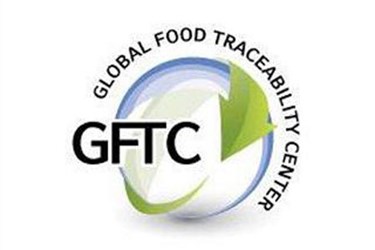GFTC Releases Global Food Traceability Best Practices Guidance
By Melissa Lind, contributing writer

The Global Food Traceability Center’s new best practice guidance document provides a framework outlining outstanding traceability methods across six sectors — dairy, meat and poultry, seafood, bakery, produce, and processed foods
The Global Food Traceability Center (GFTC) operates as a unit of the Institute of Food Technologists (IFT). The agency has been appointed by the FDA to implement FSMA. International standards have yet to be agreed upon, but the GFTC report offers guidance for interpreting and implementing traceability policies that will meet differing international requirements and establish a baseline for various regions to move closer to standardization.
The GFTC has addressed six different areas of the food supply chain, including fresh foods, which are lacking in global standardization of traceability practices and regulations. The document is intended to provide a framework for understanding and implementing policies that will enable the food supplier and producer to meet global demands for traceability.
What's The Impact Of Big Data In The Cold Chain?
The document outlines key points in the supply chain at which data capture is essential for tracking. These points are identified as “critical tracking events” (CTEs) and include:
- Transportation events — this includes physical movement of products within the food supply chain. Transportation of food products or ingredients from one location to another supports external product tracing.
- Transformation events — this includes product or ingredient processing or combination within the facility. Internal processing within one company supports internal product tracing.
- Depletion events — these are products that exit the food supply chain. Examples include product used in preparing food in restaurant, produce opened for consumer purchase, or packaged product sold at retail outlet.
As well as providing the framework for policy establishment, the GFTC document gives a comparative review of regional requirements across the globe with simple ranking by country and a thorough explanation of variances.
Guest Column: The Reality Of FSMA — Is Your Business Prepared?
Tejas Bhatt, program director of GFTC and one of the authors of the new document says that the new document can “serve as a blueprint for what is practical for the food industry to improve safety, save money, and help protect the public.”
